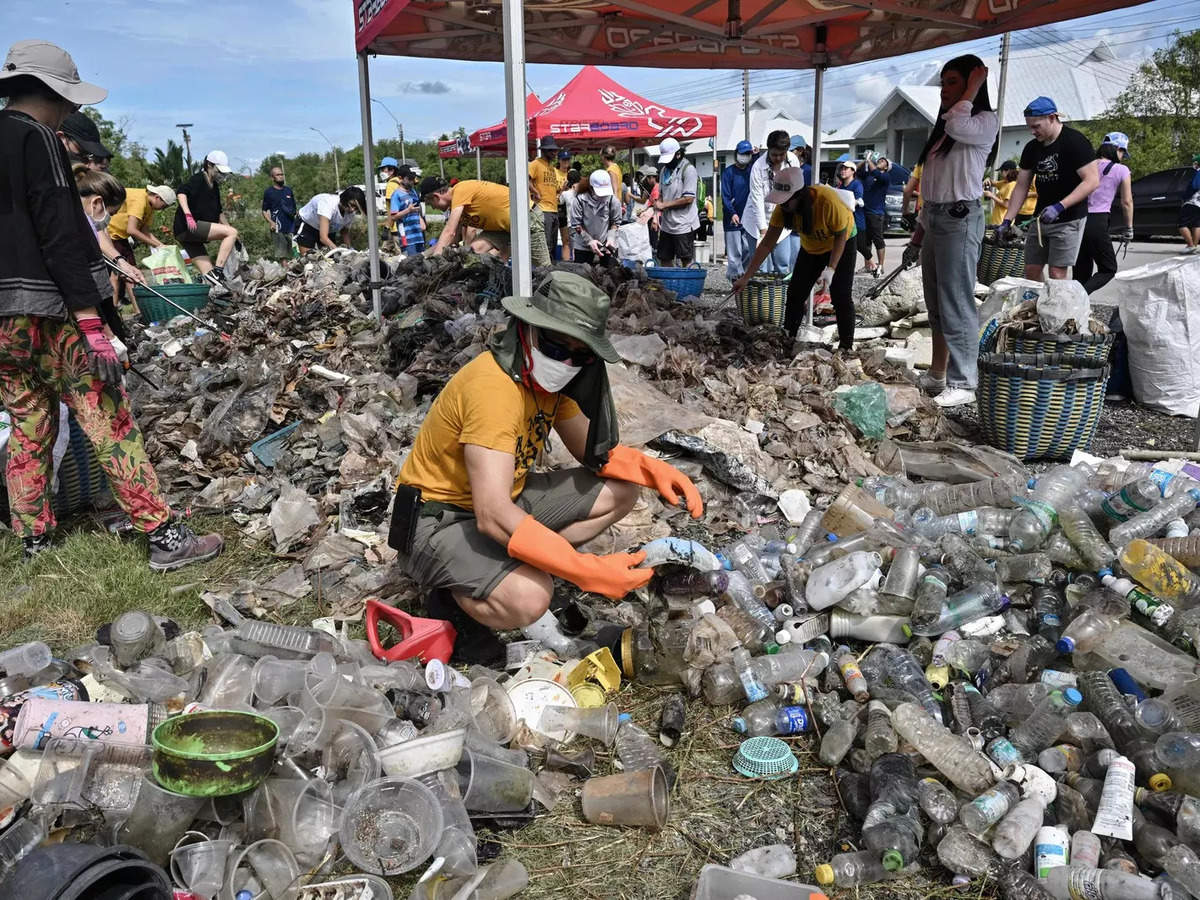If no comprehensive and binding worldwide deal to reduce consumption is drafted. Plastic use in G20 nations will almost treble by the middle of the century, according to research released on Monday.
Back to Blue, a research team run by the Nippon Foundation, a private philanthropic organisation. The Economist Impact think-tank, claims that existing programmes to increase recycling or reduce the use of single-use plastics.
This have only “scratched the surface” and that a more thorough global strategy is needed.
In order to create a binding agreement by the end of next year, the United Nations began talks on a deal to address plastic pollution in Uruguay in November. Up to 175 nations have agreed to participate in the discussions.
According to Return to Blue, if negotiations fail, annual plastic production in G20 nations could increase to 451 million tonnes by 2050 – up nearly three-quarters from 2019.
There should be no mistaking that the treaty negotiations won’t be treacherous and challenging, the research team said.
The likelihood of failure is high, with a treaty not only failing to materialise but also being too feeble to stem the plastic wave.
It called for a stricter restriction on single-use plastics. As well as increased production levies, mandated programmes to hold companies accountable for managing.
However, the entire product lifecycle, including recycling and disposal, and more.
According to Back to Blue, the combined initiatives might reduce annual usage to 325 million tonnes. By 2050, but that would still be up from 2019 levels and equal to 238 million full garbage trucks.
Brazil, the United States, Indonesia, and Turkey are among the G20 nations. That have not yet enacted nationwide restrictions on single-use plastic products, according to the research.















